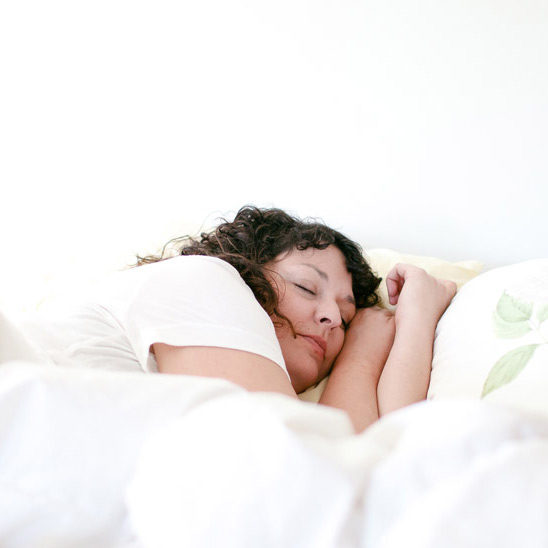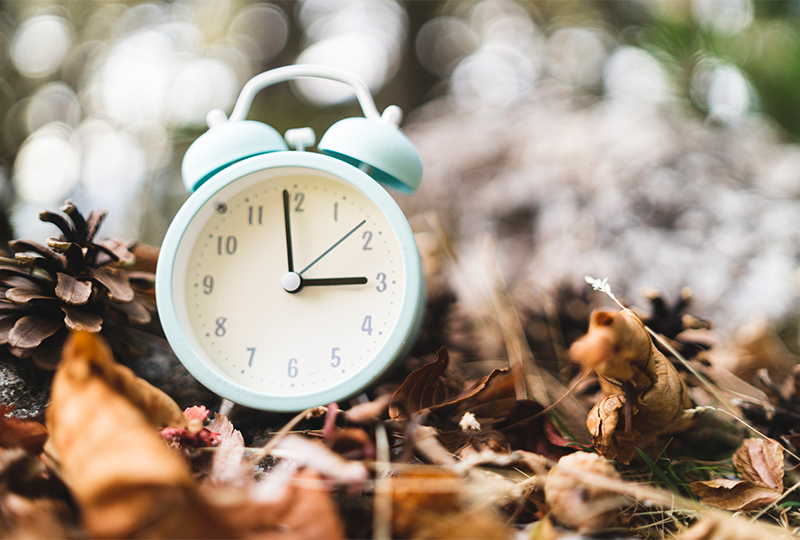Do not disturb (your circadian rhythms). As we fall back, enjoy that extra hour of sleep — for now — but use the time to recalibrate your clock in a healthy way.
OK, here we go again.
We’re adjusting our clocks by an hour. And we also have to change our smoke detectors, and our carbon monoxide detectors, and our microwaves, and figure out how to change the time on our car clocks before we give up and just put them on a temperature display instead. Spring forward, fall back, so — technically, we gain an hour of sleep when we switch from daylight saving time back to standard time.
“This is the time of year where it’s actually easier because we’re moving the clocks back.”
Getting another hour of sleep should be good news, right? Mostly, yes.
“This is the time of year where it’s actually easier because we’re moving the clocks back,” said Dr. Beth Malow, director of the Vanderbilt Sleep Center. “We’re getting an extra hour of sleep and it’s lighter in the morning. This is the good part of it. Take advantage of that.”
Make the most of that extra sleep
Most of us will rejoice at that extra hour of sleep and the extra hour of sunshine in the morning, and it is the perfect time to set up or reestablish some healthier sleeping habits, Malow said.
“This is a time to for people to recalibrate their clocks in a healthy way.”
“If you go to bed at 11 o’clock now, you can go to bed at 10 and it will feel like 11. This is a time to for people to recalibrate their clocks in a healthy way,” she said.
Our bodies have a 24-hour circadian rhythm that naturally follows the sun. That internal body clock doesn’t really care what any of your external clocks say (although your boss certainly will). It won’t be a tough transition for most of us with that delicious extra hour of sleep we get each November. It’s the advent of daylight saving time in the spring, when we lose that hour, that we really have to watch out for.
Why we fall back
If you’re wondering how daylight saving time came about in the first place, allow us to save you the Google search. We set clocks ahead one hour in the spring so that there’s extra sunlight at the end of the day during the summer months to save electricity costs. This made a lot more sense in the early 1900s than it does now, when we use electricity 24/7, and also electric lighting is less expensive. Modern proponents say it helps promote more retail shopping and outdoor activities, although the morning light of standard time is healthier for promoting sleep and improving mood.
Springing forward can cause sleep disturbances
While few grumble about the autumnal switch back to standard time, some people frankly never quite adjust to that lost hour of spring. Not every country uses daylight saving time, and there are plenty of advocates here who think it’s high time we got rid of it altogether — including Malow.
“I think it would be great to eliminate it. It just disrupts the whole situation.”
“I think it would be great to eliminate it,” she said. “It just disrupts the whole situation. Particularly in the spring, it’s very disruptive because you lose an hour of sleep and our internal clocks are off sync by an hour with the outside world for eight months of the year while we are on daylight saving time.”
In the meantime, if you’re someone who suffers from poor sleep patterns, try to avoid spending your extra hour when we fall back by bingeing on a “Doctor Who” marathon. You’re going to regret not using the opportunity to snooze when daylight saving time kicks in again next March.

Need help?
If you have lingering sleep issues, talk with your health care provider about finding a sleep disorder program. Vanderbilt’s Sleep Disorders Center experts are dedicated to helping improve the quality of sleep for their patients, enhancing their quality of life.

